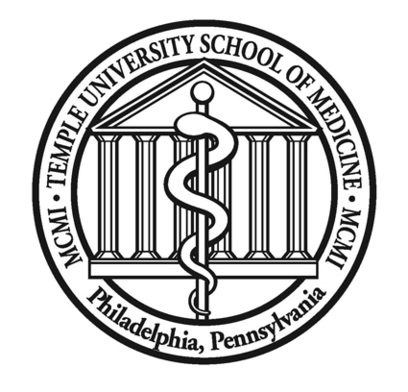
This July, researchers from Temple University in Philadelphia announced a medical breakthrough: they had discovered a way to effectively delete the human immunodeficiency virus (HIV) gene from cultured cells.
According to the Centers for Disease Control (CDC), more than 1.1 million Americans are infected with HIV, an autoimmune disease that attacks white blood cells. HIV leads to acquired immunodeficiency syndrome (AIDS) and invites other illnesses and conditions to thrive without a strong immune system to defend the body.
To combat the virus, researchers combined a 20-nucleotide guide RNA strand with a DNA-stripping enzyme and injected it into a cultured white T cell. Unlike current methods of treating HIV, which require patients to consume toxic chemicals throughout their lives, this process does not damage the host cells.
Genetic engineering could potentially cure many deadly diseases such as cancer or AIDS. In interviews with JSR, several respondents remarked on the way that modern technology enables such novel advances.
“I think [the Temple researchers are using] an interesting approach,” said Alissa Kim, a sophomore at Valencia High School and a former AP Biology student, in an interview with JSR.
“It’s surprising how it’s worked,” Kim continued, “and hopefully [the researchers] can take the research a step further and find a cure. To find a vaccine or even a cure would save millions of lives …and hopefully ensure a promising future for generations.”
“I would say [technology] greatly influences modern medicine and treating diseases” said Amardeep Khokhar, a sophomore at Valencia High School, during an interview with JSR.
“Modern society… is more capable of thinking of new innovative ways to solve many of the medical problems that all people face, and this allows the development of medicinal technology to flourish.”
Teresita Obusan, a nurse for Kaiser Permanente’s Urgent Care Department, told JSR, “If [medical technology] would be helpful in finding a cure, then why not? I believe that technology greatly influences modern medicine with all the tools and research to move forward in getting a better understanding on diseases, most specially those that need a cure such as AIDS or cancer.”
Obusan continued, “I think that human beings will benefit from the advancement in medical technology, such as finding a cure to HIV.”
Although the Temple University method still has a long way to go before it’s ready for human trials, it may be the start of eradicating a prevalent concern in today’s society. And other medical advances hold promising implications for the future. Methods such as genome coding and genetic testing may allow future generations to have a longer, healthier life span by detecting genetic diseases and disorders in advance.

